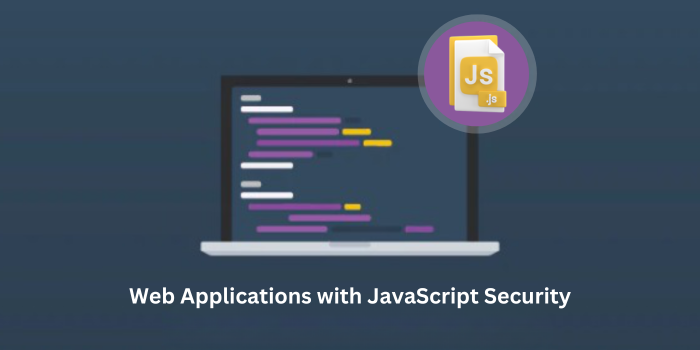Research Paper Ideas: How To Pick A Topic
Need help forming research paper ideas? Picking a topic can sometimes be the most frustrating stage in writing a term paper. Are you thinking about hiring a professional paper service to do your job? Not a bad thing, but considering the fact that 18% of requests to write papers end badly it might be worth considering writing it on your own (or at least check who are you hiring). The following seven suggestions will help you brainstorm ideas for possible research topics.
Research Paper Idea 1: Think about your expertise
Write about topics that you have some background knowledge in already. If the paper is for your major, narrow down your interests. For example, let’s pretend you’re an English-lit major. Think about your favorite author. What’s significant about the author’s work? Did it influence society? Or did it depict society in a compelling new way? A topic for a Jane Austen fan (or hater) could be whether Jane Austen’s Emma depicts early feminism or detracts from it.
If you’re writing a paper outside your major, try to make a link between the disciplines. For example, if you’re a biochemistry major looking for a topic for your philosophy term paper, think about ethics and science or philosophy’s influence on science. Did Aristotle’s scientific ideas impede or invigorate the path to modern science? What influence did the Milgram experiment have in creating today’s standards for scientific ethics?
Research Paper Idea 2: Think about your hobbies
Your hobbies may also be a good source for research ideas as long as you can successfully connect it to your class’s subject. For instance, if you’re a weight lifter in a psychology class, analyze whether the adage “a sound mind in a sound body” has some truth to it. A music lover in the same class could research whether or not heavy-metal music actually influences a person’s mood.
Research Paper Idea 3: Ask yourself what you want to know more about
Maybe you’re tired of writing on familiar topics. In that case, think about why you took the class. List specific reasons. Say a student took a course in astronomy, because he’s fascinated by black holes. “Black holes” is too broad a topic, but what about researching how scientists detect rogue black holes?
Research Paper Idea 4: Explore Wikipedia
While Wikipedia should never be used as a source, it’s not a bad place to get topic ideas – especially if you already have a few broad topic ideas in mind. For example, a student in a class on American presidency can type in “American presidency” in Wikipedia. She should look at the subcategories; “Electoral College” is one. Depending on whether she’s interested in or not, she can further narrow this topic by asking questions (“Is the Electoral College the best way to represent America? Should it be abolished?”).
You can also try this technique with any search engine.
Research Paper Idea 5: Browse through current journals in your field
Still stuck? Go to your college’s library and grab an academic journal in your course’s field. Look at the table of contents. Does anything catch your eye? If not, keep going through back issues. Once you find your topic, you should tweak it a little so it’s not identical (otherwise, it’s too easy for your research paper to become a simple summary of this one article).
Research Paper Idea 6: Look at newspapers and magazines
Either by going to a library or looking them up on the Internet, you should read some newspapers and magazines. Any headlines pique your interests? Any story you want to know more about? But you should keep in mind that you probably won’t be able to use these sources for your research paper.
Research Paper Idea 7: Flip through your textbook
You can always skim through your textbook too. Look at the table of contents first. What topics are the most interesting? In what way would you like to know more about them?
Conclusion
After picking your research topic, you should always verify whether it’s appropriate. Talk to your teaching assistant or professor before beginning the paper or doing hours of what could be unnecessary research.
















